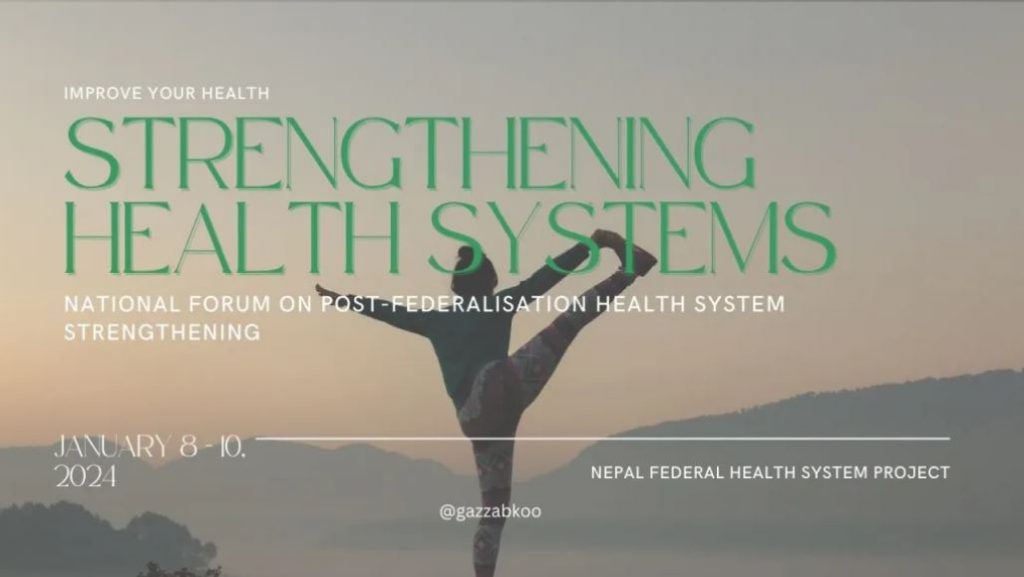The International Trade Committee (ITC) is calling for expressions of interest in becoming a Specialist Adviser to the Committee, to support its scrutiny of UK trade negotiations. The role is a rare opportunity to influence policy, broaden your research horizons, and create impact suitable for REF purposes.
The role of the Trade Committee, within the House of Commons, is to scrutinise the spending, administration and policy of the Department for International Trade (DIT), and other associated public bodies. It is made up of the Chair (Angus Brendan MacNeil MP) and ten other MPs.
The Inquiry
The DIT is currently negotiating Free Trade Agreements (FTAs) with the US, Australia and New Zealand. In addition, the Government is expected to apply to accede to the Comprehensive and Progressive Agreement for Trans-Pacific Partnership. Further trade negotiations are likely to begin soon, as the Government pursues its objective of having 80% of UK trade covered by FTAs within the next three years.
The ITC is conducting an open-ended inquiry into UK trade negotiations, as a means of scrutinising these FTA negotiations.
The Role
The Committee is seeking to appoint a number of Specialist Advisers with relevant expertise in trade policy and trade law to support the Committee with FTA scrutiny on an ad hoc basis. The successful candidates may be asked to:
- work with the Committee secretariat to identify and analyse the relevant issues for the Committee raised by individual FTAs;
- contribute to briefings and draft reports for the Committee and comment on drafts of written material produced by the Committee secretariat;
- advise on sources of information and evidence, including potential witnesses; and
- attend Committee meetings and provide oral briefings when required.
The role will involve attendance at Committee meetings. Currently this would be virtually, but may involve physical meetings in Westminster in the future, depending on circumstances. The Committee will meet the necessary expenses for attendance at meetings or other work related to the role. The names of Specialist Advisers, and any relevant declarations of interests, will be published in any reports with which Advisers have been involved.
There is uncertainty around the timescales for FTA negotiations. The Committee wishes to appoint Advisers now who will be available to advise it as and when required, as negotiations progress. The time commitment for an advisory role to a Committee is unpredictable however it is not expected to exceed 20 days in a calendar year. Advisers will not generally be required to work more than two days in any one week – but there may be times when short periods of very intense work are required. Advisers are paid a daily honorarium on the basis of work done.
The Committee is keen to hear from applicants from a wide range of backgrounds, including those who have not previously engaged with Parliament or Select Committees.
Please engage with the BU policy team (policy@bournemouth.ac.uk) and seek permission from your Faculty before making an application. There is a contact at the Committee if you wish to find out more.
The deadline for application (a CV, covering letter (max 2 sides), and a declaration of interests) is midnight on Friday 5 March 2021.













 New CMWH paper on maternity care
New CMWH paper on maternity care From Sustainable Research to Sustainable Research Lives: Reflections from the SPROUT Network Event
From Sustainable Research to Sustainable Research Lives: Reflections from the SPROUT Network Event ECR Funding Open Call: Research Culture & Community Grant – Apply now
ECR Funding Open Call: Research Culture & Community Grant – Apply now ECR Funding Open Call: Research Culture & Community Grant – Application Deadline Friday 12 December
ECR Funding Open Call: Research Culture & Community Grant – Application Deadline Friday 12 December MSCA Postdoctoral Fellowships 2025 Call
MSCA Postdoctoral Fellowships 2025 Call ERC Advanced Grant 2025 Webinar
ERC Advanced Grant 2025 Webinar Update on UKRO services
Update on UKRO services European research project exploring use of ‘virtual twins’ to better manage metabolic associated fatty liver disease
European research project exploring use of ‘virtual twins’ to better manage metabolic associated fatty liver disease